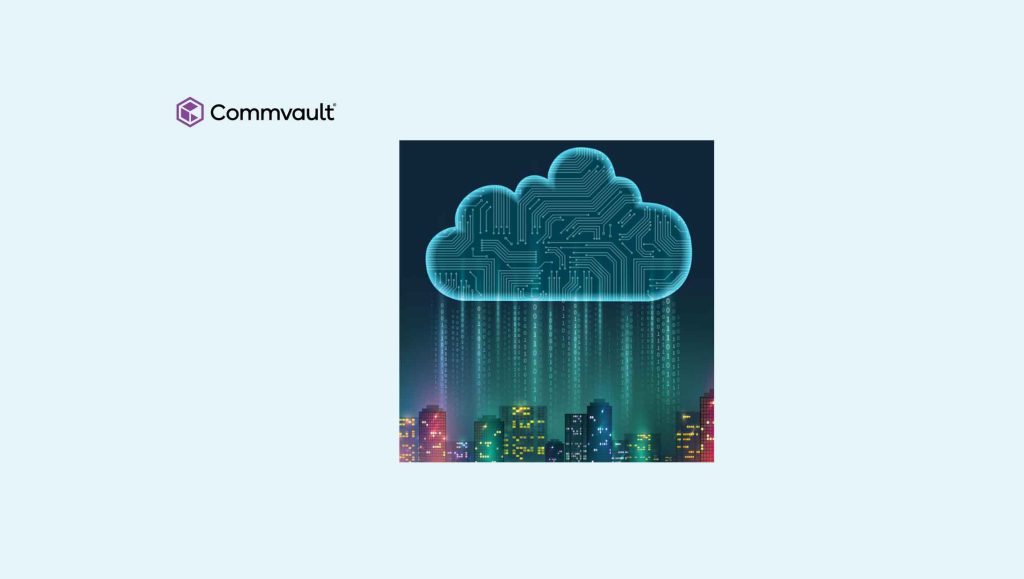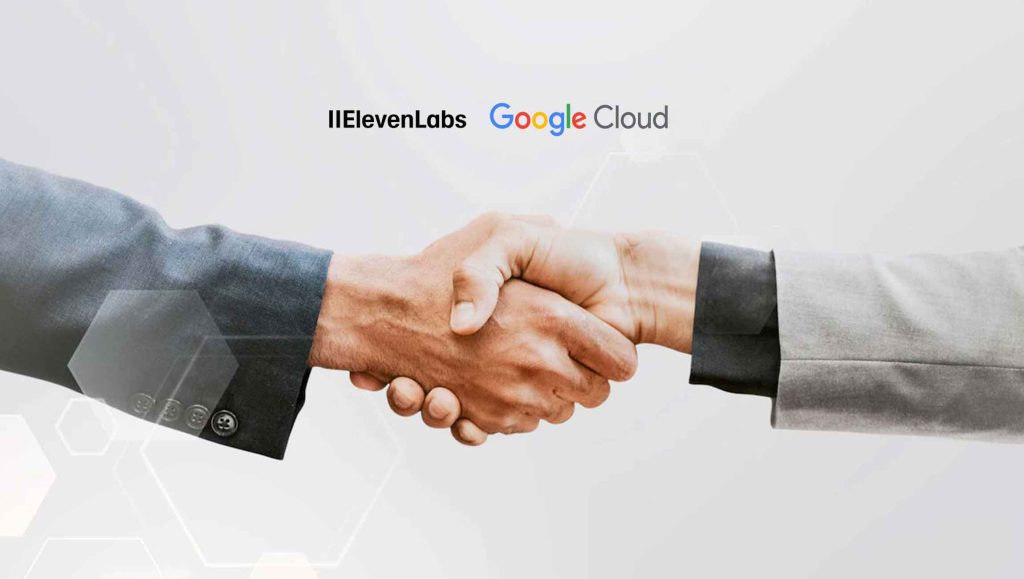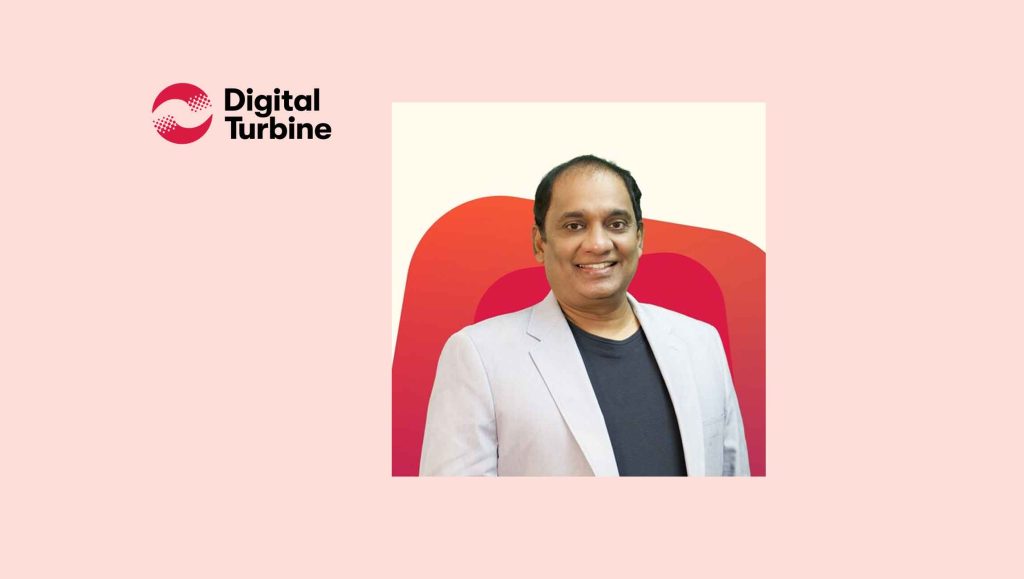Today, people understand better how sales technology can transform a business. There are so many new tools that can improve sales productivity; and, the sales ecosystem is constantly bringing in new tech when it comes to the CRM and customer service spaces.
ProsperWorks, the Google-recommended CRM for today’s digital workplace, announced last month that it is rebranding to Copper. Post that, the company has been on a roll as it partnered with the Google SaaS Sales Alignment program. Copper will help demonstrate how next-generation SaaS applications can build a productivity-first user experience within G Suite. We spoke to Copper’s CEO and Founder, Jon Lee, about his journey into sales technology and the future of CRMs.
Tell us about your role at ProsperWorks and how you got here. What inspired you to find a CRM platform?
I’ve been an entrepreneur since I was 26 years old. I started an AdTech company that I sold at 28, traveled for a year, and then founded DNA Games which I later sold to Zynga. I decided to start ProsperWorks while I was in between companies and gave some thought to the meaning of my life and what I wanted out of it. When I was younger, my main goal was to make money, but as I grew up, I realized I was looking for more than just that. I started ProsperWorks (recently renamed Copper), so I could give back and make the world a better place by helping businesses be more successful.
I saw that CRM was the largest, fastest-growing space in software technology. Having used incumbent CRM systems in the past, I noticed they didn’t work because of a major data problem. When there is bad data in a CRM, automation becomes broken down and you’re unable to forecast numbers. I decided to create a simple-to-use CRM system that works for you by automating data entry, integrating into digital tools (such as Slack or Trello) and makes recommendations for customers. My ultimate goal is to help businesses be more successful by driving more sales.
What’s the most fascinating aspect of leading a sales-focused company in a tech-heavy ecosystem?
The most exciting aspect of leading a sales-focused company in 2018 is that people understand technology can transform a business. There are so many new tools that can improve sales productivity and the sales ecosystem is constantly bringing in new tech when it comes to the CRM and customer service spaces. These solutions create new ways to solve old problems. It’s been exciting to watch the rise of AI usher in a new era of leveraging valuable data from multiple sources to drive business success.
Given the changing dynamic of marketing analytics and customer insights, how do you stay on top of your game?
At Copper (formerly ProsperWorks), I make sure we stay on top of the technology and techniques that provide solutions to allow our customers to be more productive. The rise of AI and API integrations have allowed us to provide next-gen technology that’s focused on customer success. We also incorporate and use productivity suites that transform the way we work by being more collaborative.
Copper (formerly ProsperWorks) is designed to keep people on their game and be more organized by bringing all the critical business data into one single place. Having a single source of valuable data and insights is the key to success so we don’t waste time digging for information and logging into multiple, cumbersome work systems.
What is the ‘State of CRM and Lead-generation tools” in 2018?
The current state of CRM is broken. A Forrester report found that 35% of respondents have experienced CRM failure due to data problems, functional shortfalls, lack of skills to implement, system performance and poor usability. The truth is, incumbent, clunky CRM systems haven’t evolved with the advancement of technology such as AI or machine learning. Current lead-generation tools haven’t caught on to the fact that old techniques don’t work anymore.
Cold calling is a hard technique and doesn’t yield results, Email is more challenging than ever and account-based marketing is expensive. It’s now more difficult to reach the customer, especially when multiple people are involved in the life cycle of a sale.
The sales landscape has completely changed – we have mobile workers who expect intuitive tools to be available in the workplace. Tools that will make companies productive in the Relationship Era will focus on building life-long relationships with the sales representative and ultimately with the brand.
How has the SF tech industry evolved since the time you first began here?
I’ve been an entrepreneur since 2005, and the San Francisco tech community has changed dramatically since then. After the dot-com bust, many talented people were chasing the banking and strategic consulting industries. As the technology market gained more attention and more money began flowing to entrepreneurs, this attracted more venture capital and more entrepreneurs to chase the almighty dollar. I would estimate the amount of capital being deployed now, compared to more than 10 years ago, is about 10x higher. This has created a massive and fast-growing ecosystem of startups, venture capitalists, and services.
Now it’s cool to be an entrepreneur, which means more talented people are coming to SF, as it’s the epicenter of technology startups. There are dozens of tech meetups each week and a vibrant community of founders sharing best practices to eager entrepreneurs. In the end, this is great for society because it helps usher new services for businesses and consumers alike, to give meaning to businesses.
However, this has also created some challenges. The real estate market makes it almost impossible for a young person to afford a home or even an apartment. It’s forced many talented people who don’t work in tech, with no option but to leave the Bay Area. It’s alarming to think that all of this could come crashing down if the bubble were to pop, as much of San Francisco is dependent on the wealth created by the technology industry and those who serve it.
Can marketing and sales teams survive the industry without data?
Absolutely not.
As sales and the selling processes continue to move online, buyers have more than enough data to make decisions on their own. The key questions that every business must answer are: (1) who is our target customer? (2) how do we reach that customer? (3) how do we profitably and repeatedly reach them?
Without data, this is nearly impossible. This is why at Copper (formerly ProsperWorks), our vision is to help customers acquire this data automatically and provide insights that expand the customer funnel. This helps businesses sell more, informs their product decisions and identifies the right messages for the right audience.
Do smaller enterprises manage data better than larger enterprises*?
I think successful companies manage data better than unsuccessful ones. That said, larger enterprises, by definition, have more data. This means there’s more opportunity to have bad data. A chain is only as strong as its weakest link, so if you manage lots of data and have pockets of bad data, then the quality of the decisions you make from that data, are only as good as the data itself. Again, this is why at Copper (formerly ProsperWorks), we focus on acquiring this data for you automatically, so that there are no human-driven mistakes. We also provide best practices on how to interpret this data and what actions you should take in order to grow your business.
What startups in the technology industry are you watching keenly right now?
We’re watching companies like Gong and Chorus.ai who are both using AI to transcribe phone calls and determine how sales reps can sell more effectively. This is a perfect machine learning use case where we can bring the analog world of voice, digitize it, identify correlations and better the sales process.
What marketing and sales automation tools and technologies do you currently use?
We, of course, use Copper (formerly ProsperWorks) for sales automation, relationship management, and reporting. We use Marketo as a marketing automation solution, Zendesk as a ticketing system and Totango as a customer health platform.
Could you tell us about an outstanding digital campaign/ Customer Success story at ProsperWorks? (Who was your target audience and how did you measure success?)
Houwzer has been a huge success with us. Their mission is to democratize real estate and help consumers find a better home. They came in with a small sales team whose previous experience with Salesforce had severely limited their ability to grow and help their customers due to cost, the difficulty of adoption and quality of data.
We worked closely with them to understand their needs and to implement ProsperWorks to help overcome those challenges and set them up to scale. They’ve been able to gain valuable insight into their company processes which has enabled them to grow by more than 10x.
How do you prepare for an AI-centric world as a business leader?
AI is only as good as the data that you provide. Our focus at ProsperWorks is to prepare every customer for the AI-centric world, by providing the most accurate, comprehensive and fresh data to our customers. Furthermore, we use AI/ML to inform the next best action and provide better visibility into where risks and opportunities exist for company sales funnels.
More broadly, we log all of our data. We are using AI/ML to recognize patterns among multiple, very large data sets in order to:
- inform which features deliver the most value
- identify the right marketing message, and
- maximize the likelihood of a customer signing up for our service
Tag the one person (or more) in the industry whose answers to these questions you would love to read:
Larry Page and Sergey Brin
Thank you, Jon, for chatting with us about your sales and product roadmap!




















